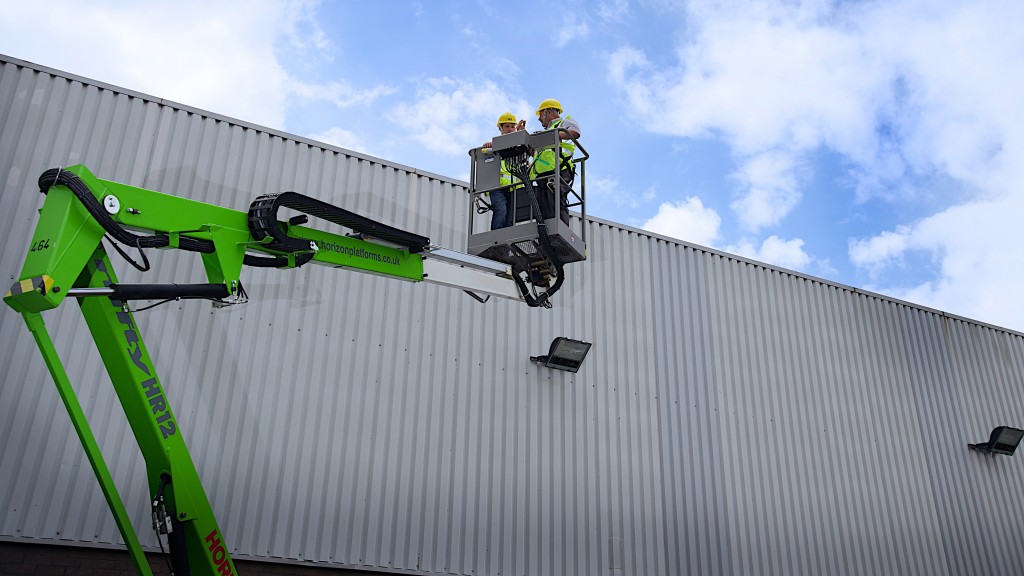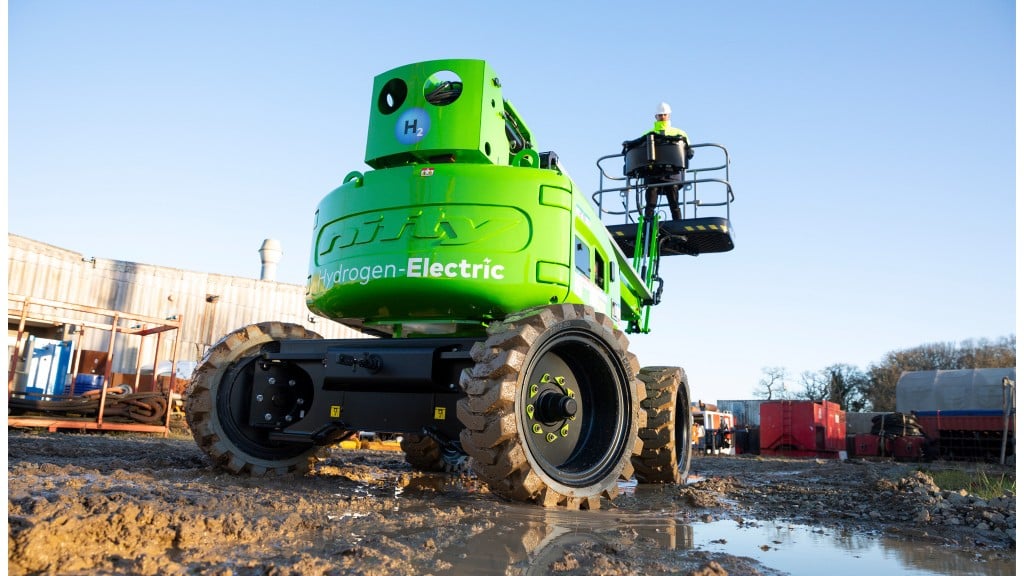
Many users and owners of mobile elevating work platforms (MEWPs, formerly known as AWPs) believe that operator training is the ultimate goal of a safe-use program. They think that when personnel complete operator training, they immediately know everything required to ensure safe MEWP operations. In fact, operator training is now clearly identified as only one component in a comprehensive MEWP-specific safe-use program, which is the fundamental responsibility of the new ANSI A92.22 Safe Use standard, which goes into effect this December.
Look around and plan The updated suite of ANSI MEWP standards calls for complete management of MEWP operations. This starts with a site risk assessment that identifies hazards, evaluates risks, puts proper control measures in place and communicates them effectively to all affected persons. Next is the selection of the appropriate MEWP to complete the task, and the creation of a plan for its proper use and required personal safety equipment. The plan must also factor in access, preparation and maintenance of the site to ensure the MEWP will fit into all required areas and the ground surface will support its weight.
A comprehensive safe-use plan also must include a maintenance plan that ensures equipment functions properly while on site and includes inspections and repairs by a qualified person.
A user/employer must ensure that only trained and familiarized personnel are authorized to operate the MEWP and that occupants have a basic level of knowledge to work safely on the MEWP. Operator training and familiarization, along with occupant knowledge, must be delivered as defined in the A92.24 training standard, now a standalone standard for the first time.
Your most valuable player One aspect of the updated standards that is not new but is definitely more clearly emphasized is the role of the qualified person, or supervisor. Every safe-use plan must designate a supervisor to oversee and be responsible for all operators and every aspect of the operation. This individual is assigned by the user/employer and must receive appropriate and compliant training, such as IPAF's specialist training for supervisors and managers, to be able to ensure compliance with the standards and prevent unauthorized use of the MEWP, as well as ensure the safety of bystanders not associated with MEWP operation.
Operator training by definition is the "instruction to ENABLE the trainee to become a qualified person regarding the task to be performed, including knowledge regarding potential hazards". Supervisors will be required to make judgment calls on subjective elements based on their knowledge of requirements in the standards, such as operator proficiency.
This can be accomplished through observations or evaluations of personnel to maintain a previously trained person's status as a qualified operator. The supervisor must also be qualified to adapt to changing jobsite conditions such as weather, ground conditions, new potential hazards, or the need to change the choice of specific equipment as the site or task change.
Are they qualified? Nowhere is a supervisor's judgment more important than in evaluating an operator's personal aptitudes and abilities, for just because an operator has a card that says they've been trained, it doesn't necessarily mean they are qualified for the task or MEWP in use. It's the role of the supervisor to determine what an individual is capable of doing based on their personal evaluation of the operator and the situation at hand. When was the last time they operated a MEWP? How comfortable is the operator at height? What experience does the operator have with this equipment or task, and so on?
And the supervisor's responsibilities don't end at selecting the right operator. They must constantly monitor operators for changing proficiency on an ongoing basis. If an operator shows signs of diminished performance, or makes repeated errors in operational judgment, or perhaps has not been on a MEWP in a long period of time, the supervisor must ensure the operator gets retrained as needed. The supervisor must have the knowledge and experience to be able to identify those issues and resolve problems as they arise.
Again, operator training is not the end-game for MEWP safe use, but just one component of a safe-use program. The user and their assigned MEWP supervisor are responsible for all aspects of safe use and must also be qualified to perform those tasks. The new safe-use program will address all of the tasks that must be considered and implemented.
IPAF's MEWPs for Managers course is one tool that can assist users and supervisors in meeting their responsibilities. For more information on how to receive managers/supervisor training, please visit www.ipaf.org/training or email info@ipaf.org



